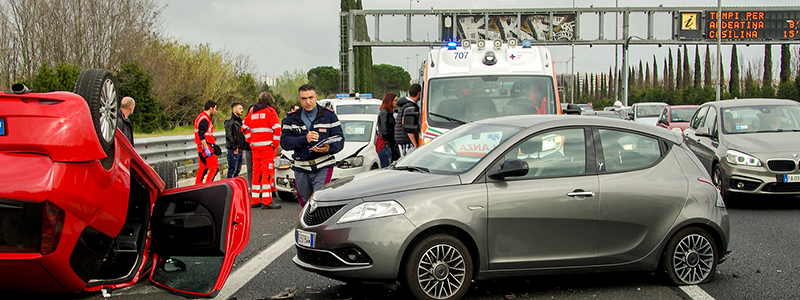Car accidents occur unexpectedly and can have life-altering consequences. Even seemingly small injuries can have far-reaching effects. Fortunately, if you have been a victim of an Oregon car accident, then you can seek compensation for your losses, such as medical expenses and lost earnings, by filing a claim with the at-fault driver’s insurance company. After seeing a doctor, you should talk to an Oregon car accident attorney about your car accident case.
Our experienced car accident attorneys at Ryan Hilts Law can help ensure you receive the financial support you need to make a full recovery. Your medical bills and lost wages should be paid for by the negligent driver’s insurance carrier.
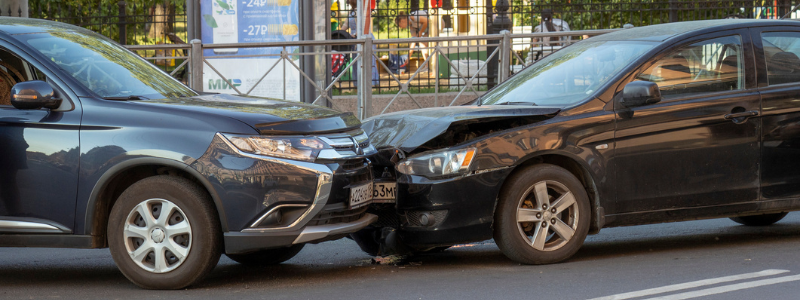
Oregon Car Accident Statute of Limitations
The right to sue in court may be barred by a state’s “statute of limitations,” which specifies a time frame within which a plaintiff must file suit. According to Oregon Revised Statutes section 12.110, there is a two-year deadline for filing a car accident injury claim by a passenger, motorcyclist, driver, pedestrian, bicycle rider, electric scooter rider, or motorcyclist. However, the deadline extends to three years in case of someone’s death as a result of a car accident. According to Oregon Revised Statutes section 30.020, a wrongful death claim can be filed by the deceased’s family member within 3 years. Further, according to Oregon Revised Statutes section 12.080, you can file a claim seeking compensation for vehicle damage within six years.
Oregon Modified Comparative Negligence Law
A person commits negligence when his/her carelessness causes injury to another person. In general, states either use comparative negligence or contributory negligence for handling negligence cases. To put it simply, under the doctrine of comparative negligence, a defendant is only liable for damages proportionate to the degree to which he or she is determined to share culpability. Oregon follows a modified comparative negligence wherein if a plaintiff is judged to be fifty percent or less at fault, they will be awarded damages.
According to Oregon Revised Statutes section 31.600, if you were partially at fault for an accident, you can still make a claim and file a lawsuit to seek compensation for your losses. However, any award you receive must be reduced in proportion to the degree in which your negligence exceeded that of the defendant. Because there is no objective way to assign fault under Oregon law, settling on who is at fault comes down to your ability to convince a judge, arbitrator, and/or jury. Our Oregon car accident attorneys at Ryan Hilts Law can help you get compensation for an Oregon car accident.
Oregon Car Accident Reporting Requirements
The Oregon Driver and Motor Vehicles Services mandate that drivers involved in a car accident must file an Oregon Traffic Accident and Insurance Report in case of death, vehicle damage exceeding USD 2,500, the vehicle is towed from the scene due to such damage, or injury to a person. In case you are in a car accident, you should immediately contact our Oregon car accident attorneys at Ryan Hilts Law to file an Oregon Traffic Accident and Insurance Report.
Oregon is a No-Fault State
Everyone hopes they will not be involved in a car accident, but unfortunately, car accidents are a common occurrence in Oregon, as approximately 55,000 crashes occur annually in Oregon. Oregon is one of the twelve no-fault states in the U.S. In a no-fault state, every vehicle owner should have Personal Injury Protection (PIP) coverage included in their auto insurance policy. In the event of an accident, each Oregon resident is responsible for filing a claim with their own insurance carrier, regardless of who was at fault.
PIP is mandated in no-fault states. Minimum requirements for PIP coverage are set by each state. In the case of a car accident, PIP will cover medical expenses up to the policy’s maximum. PIP is then reimbursed by the at-fault driver’s insurance. In the event of an accident when the driver’s own insurance does not cover the whole cost of repairs, the driver may have to file a lawsuit against the other driver’s insurance company.
Many issues may arise during a case – the at-fault driver’s insurance company may not provide enough coverage. Insurance companies may try to settle a case for as little as possible. It is highly recommended that you seek the advice of our experienced car accident attorneys at Ryan Hilts Law. You may safeguard your right to just compensation by hiring our experienced Oregon car accident attorneys at Ryan Hilts Law.
Our experienced Oregon car accident attorney can be reached here.




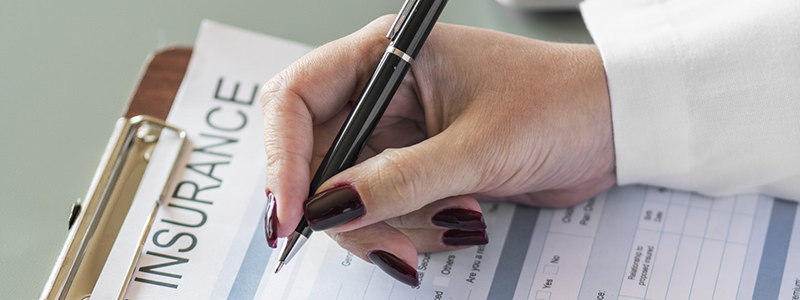

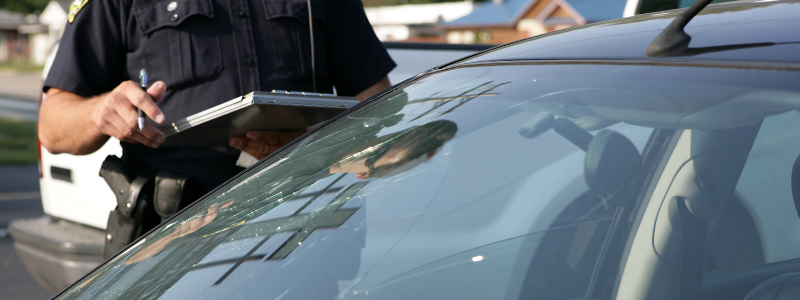
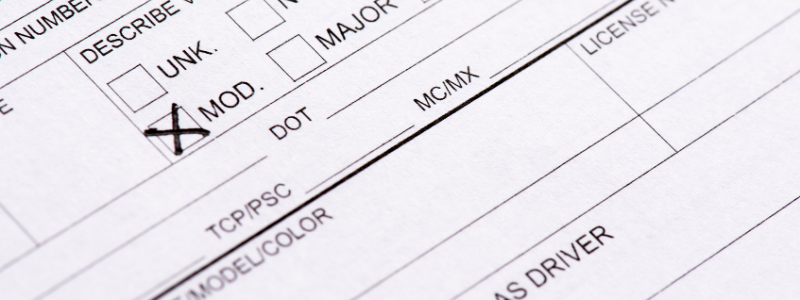
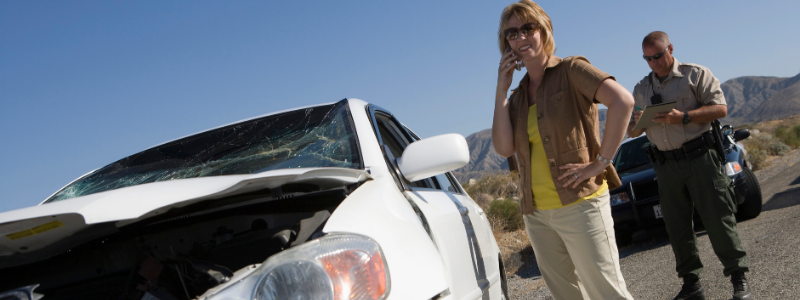
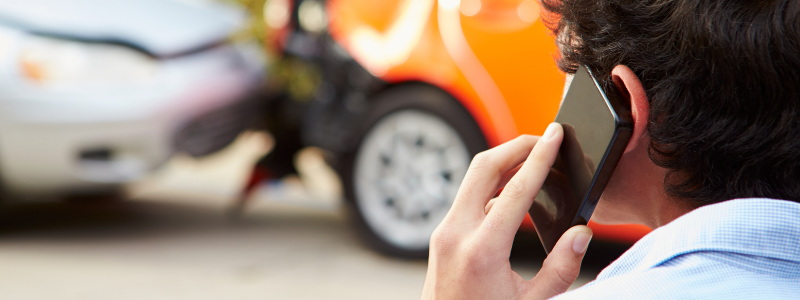

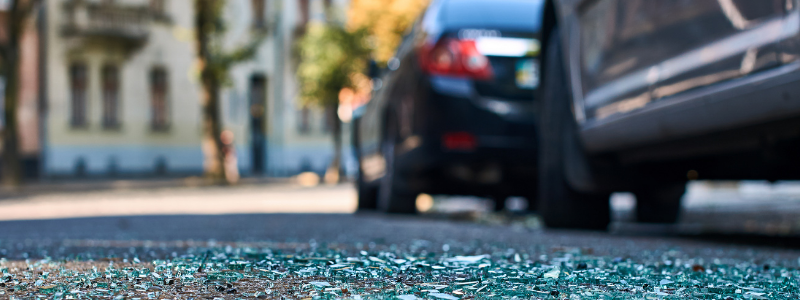
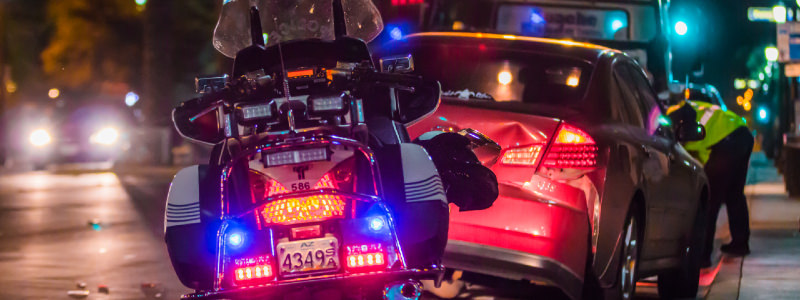
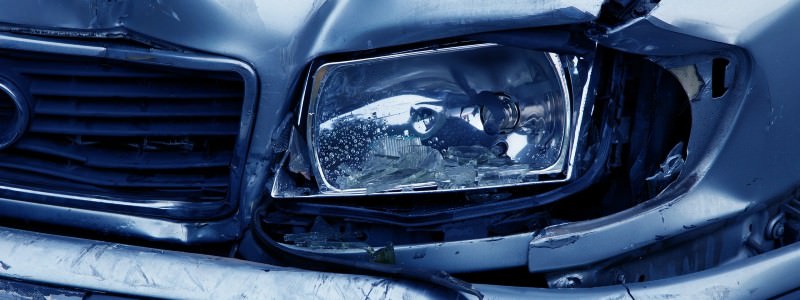
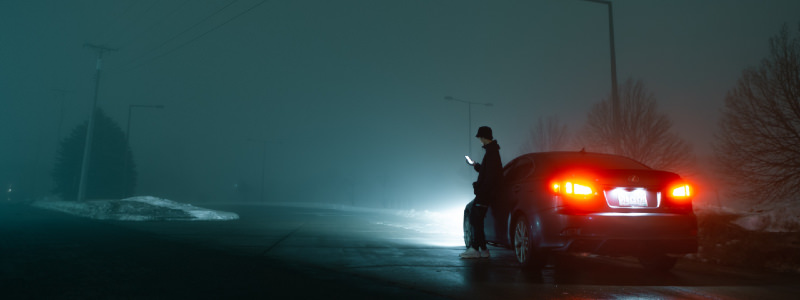

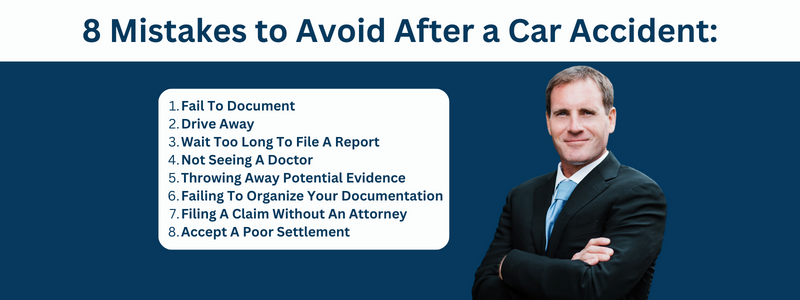
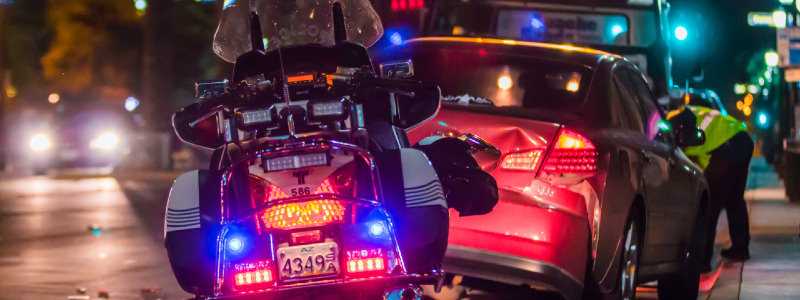
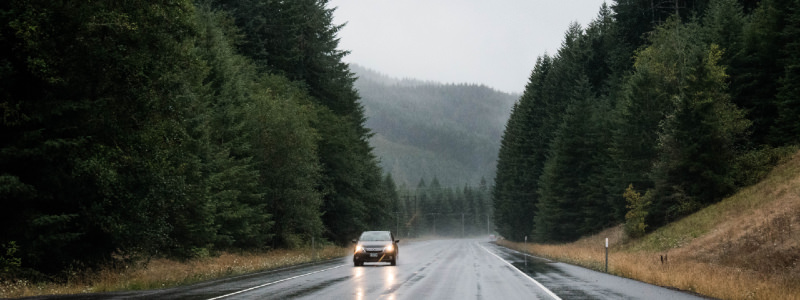

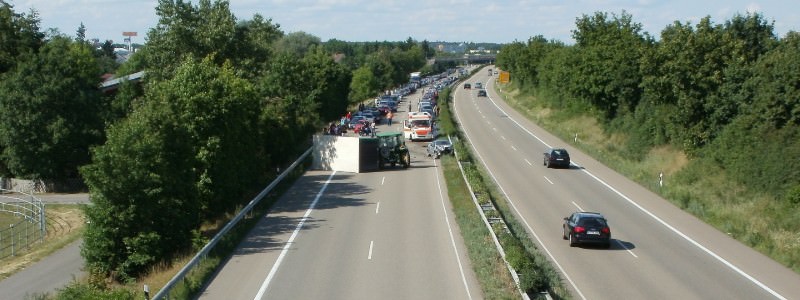
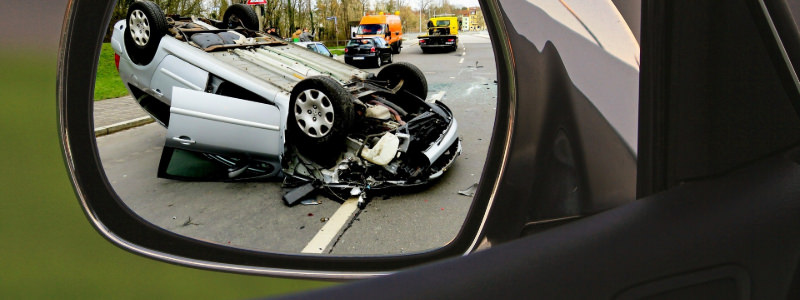
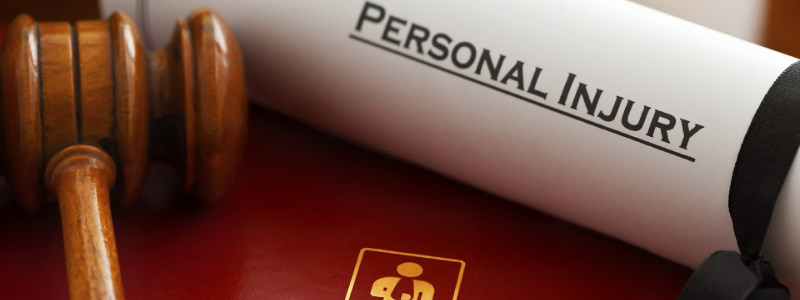


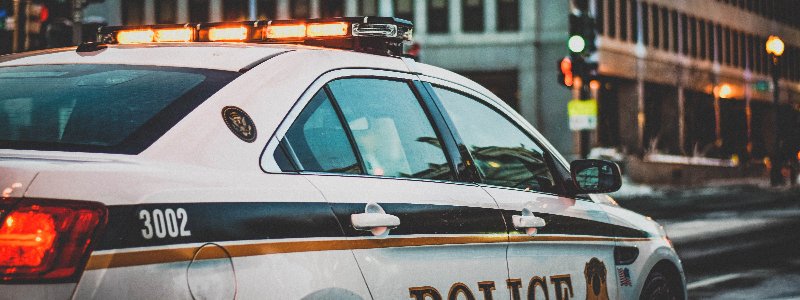

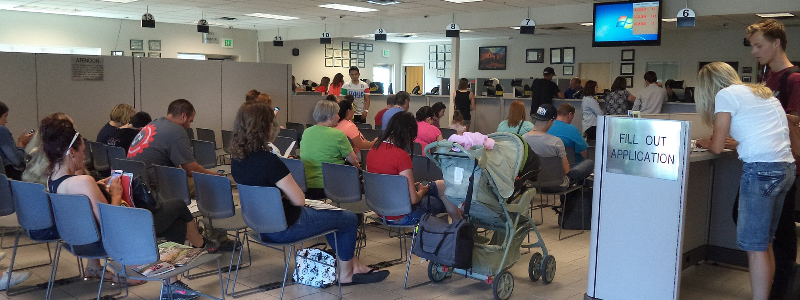
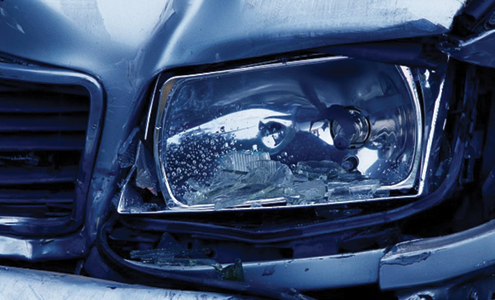 Very often an insurance company or their insured driver will admit fault in causing an accident. In other cases it is often easy to determine the fault of the other party because they were driving-under-the-influence, or they were speeding, or they failed to stop at a light, etc.
Very often an insurance company or their insured driver will admit fault in causing an accident. In other cases it is often easy to determine the fault of the other party because they were driving-under-the-influence, or they were speeding, or they failed to stop at a light, etc.

